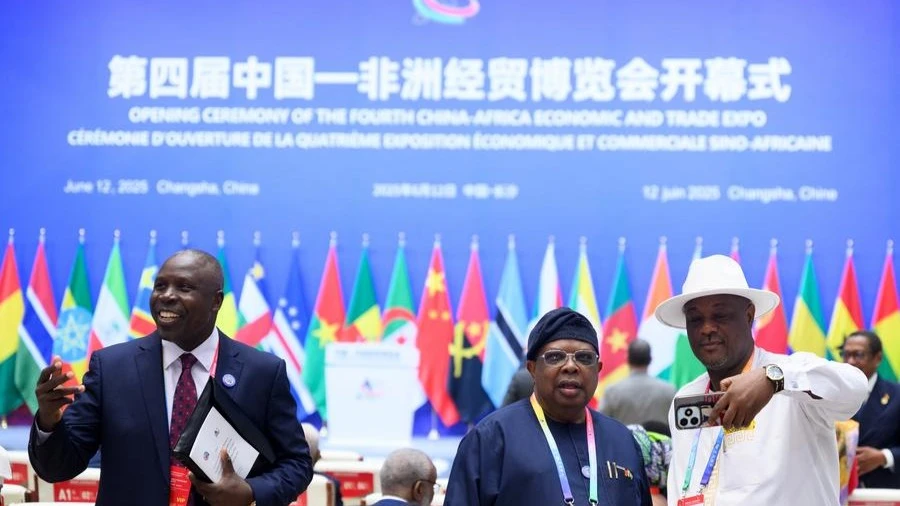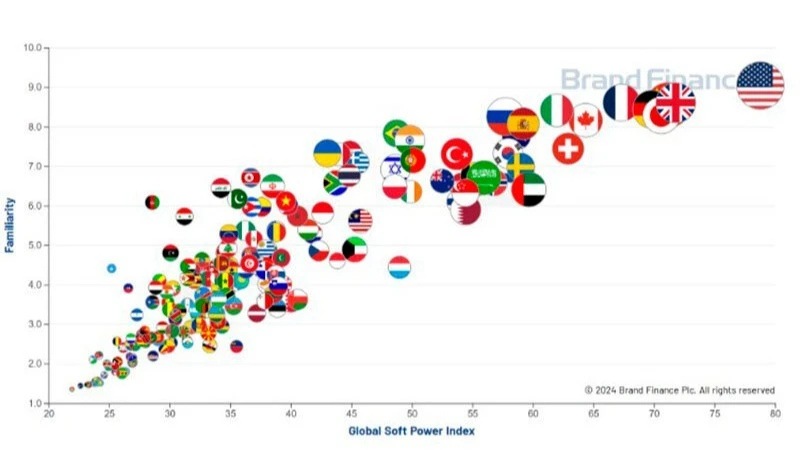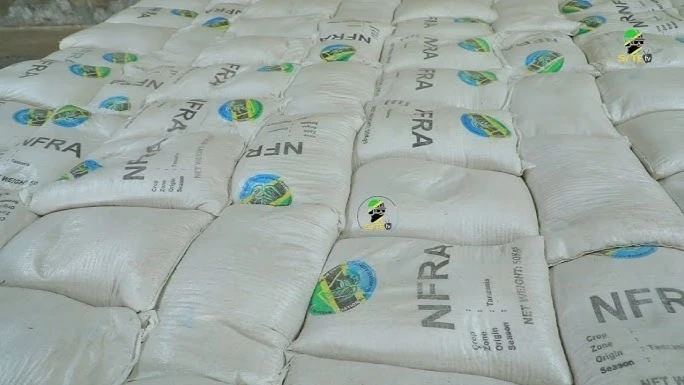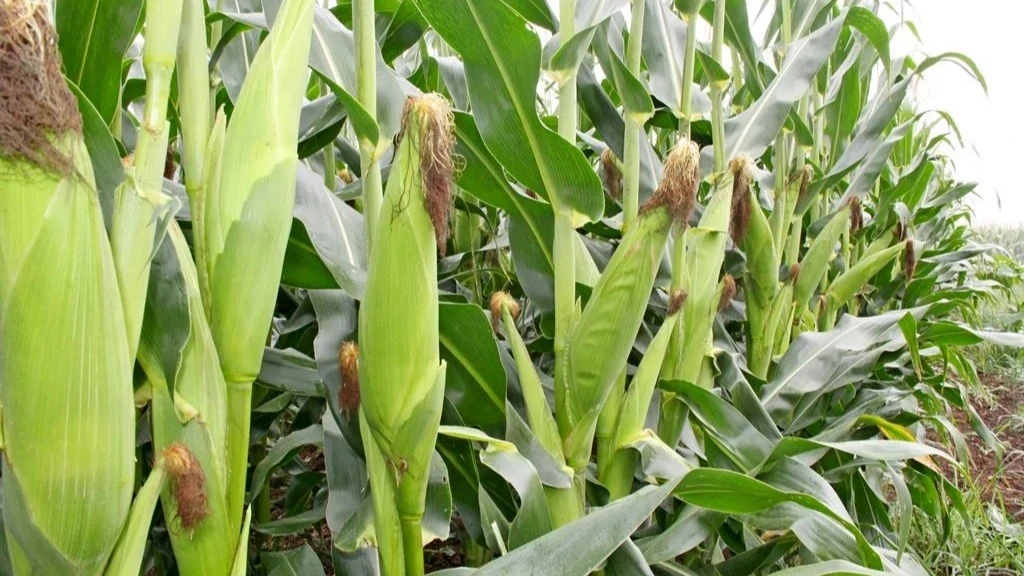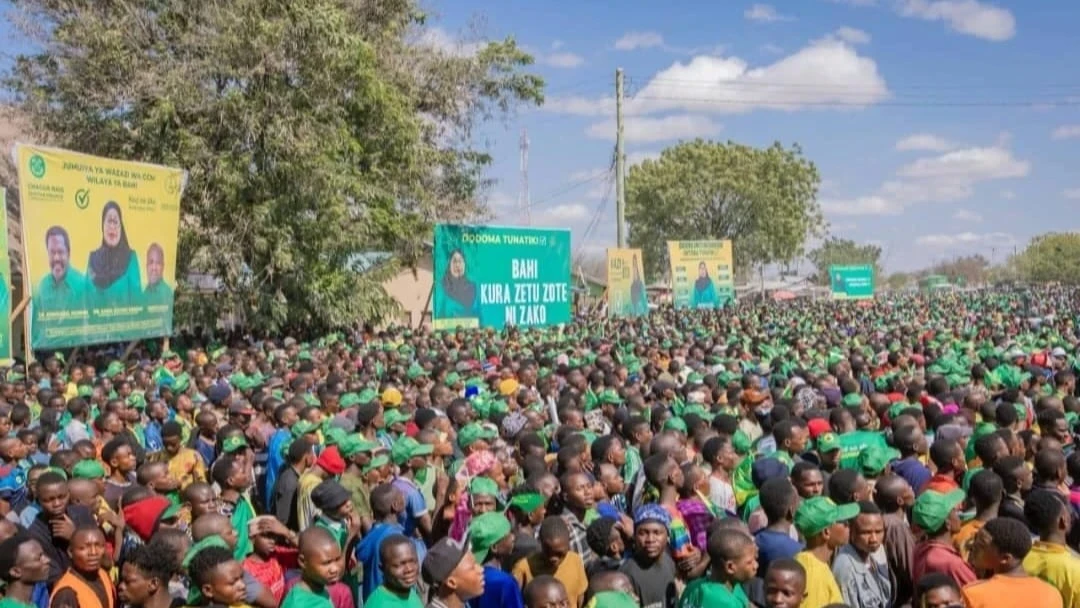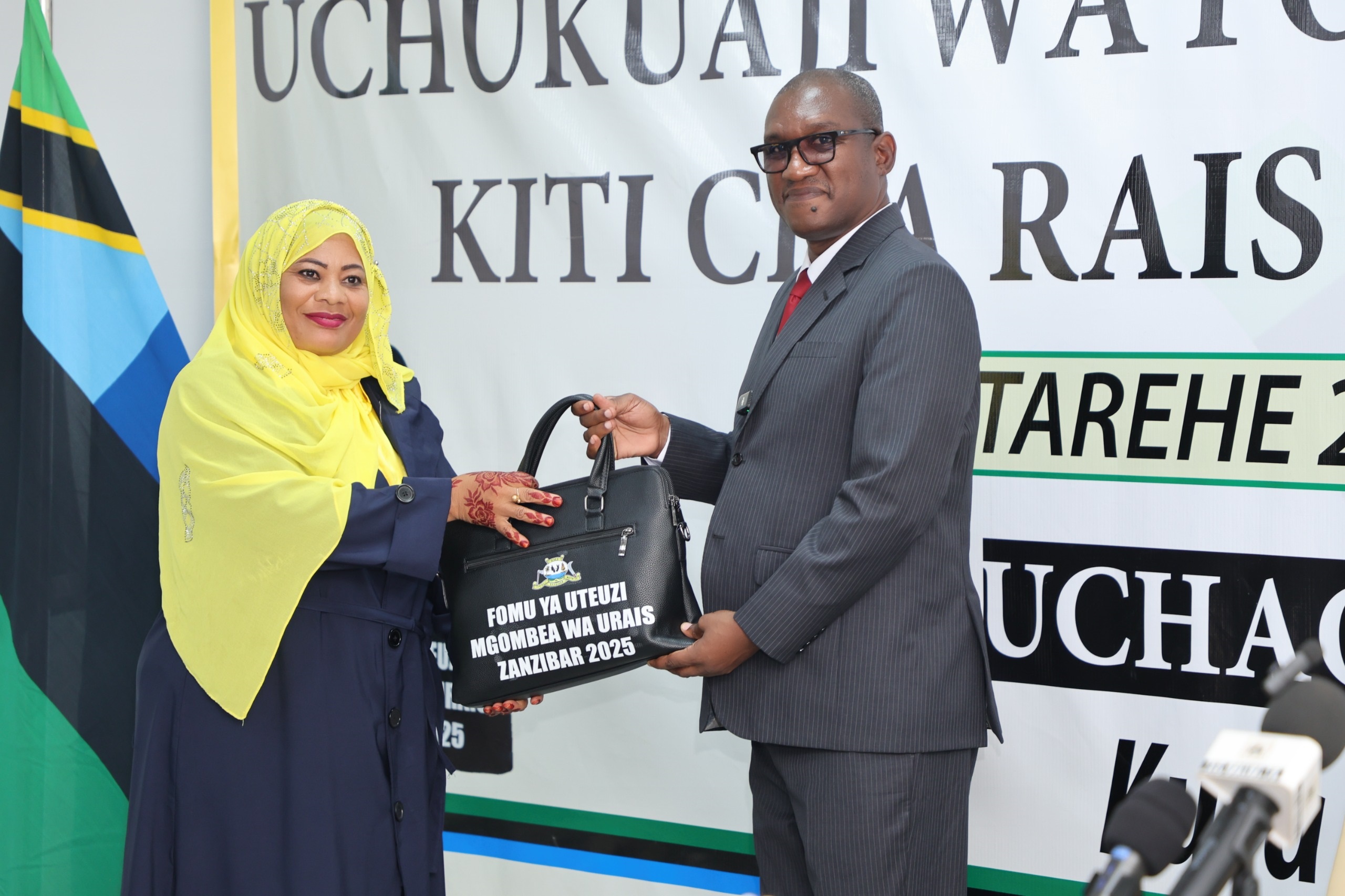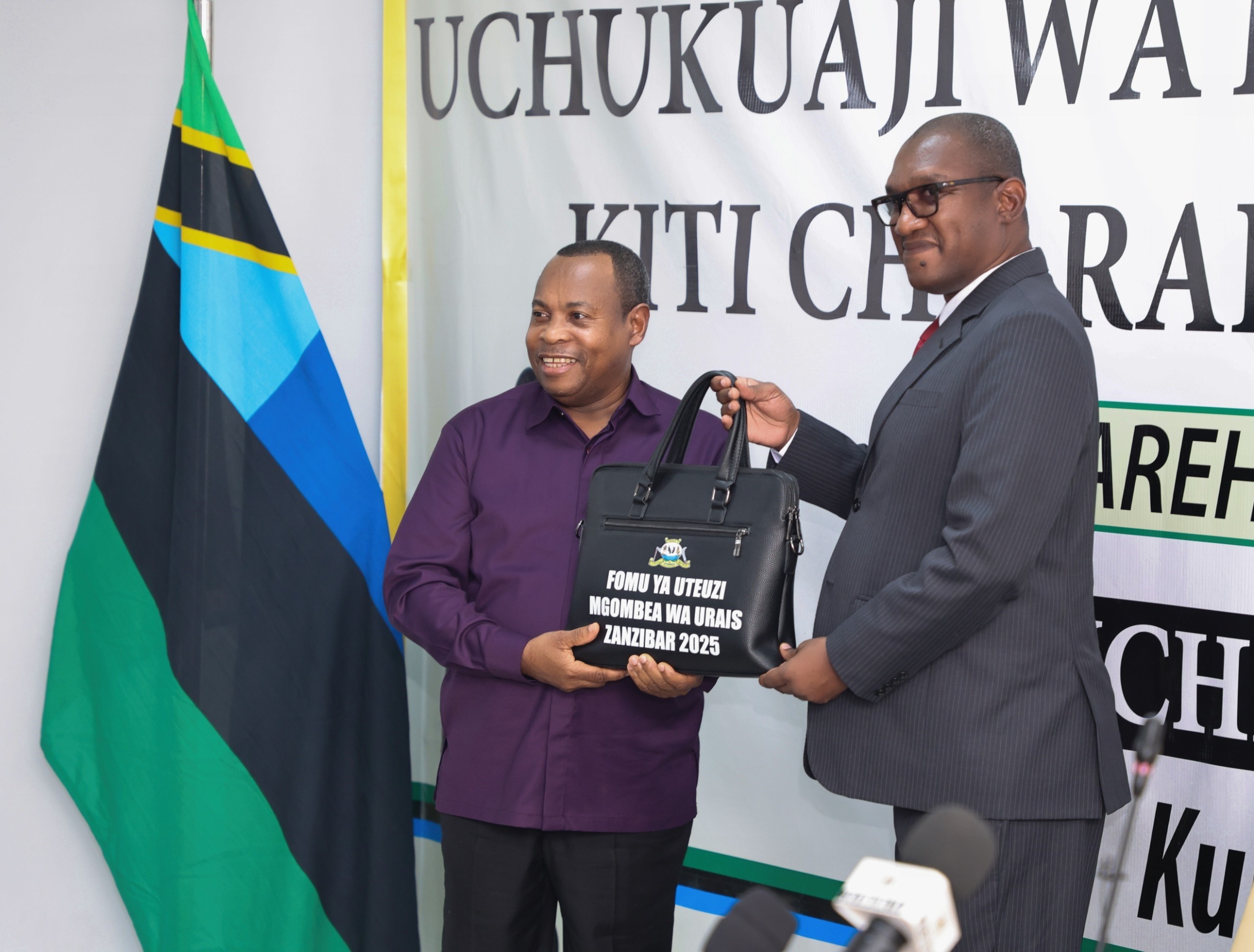New report calls for bold action to avert food crisis in Africa
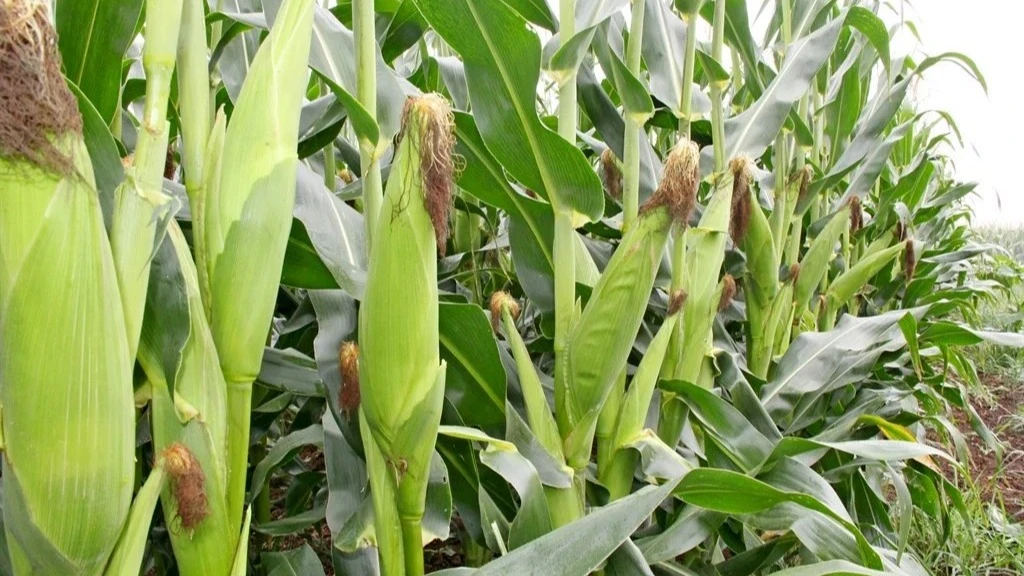
Africa’s ability to feed its people is under severe strain, with nearly 300 million already undernourished and population growth set to push demand to unprecedented levels. The 2025m Africa Food Systems Report warns that without bold and coordinated reforms, the continent could surpass Asia as the world’s hunger hotspot by 2030.
The report highlights both the urgency of the crisis and the immense potential for change. From climate-smart farming and digital finance to stronger governance and regional trade, Africa has the tools to transform its food systems. But incremental progress will not suffice. Bold, coordinated action is needed now to secure nourishment, prosperity, and stability for 1.4 billion people.
The 2025 edition of AFSR, themed “Drivers of Change and Innovation in Africa’s Food Systems”, paints a vivid picture of this potential. It shows how African farmers, entrepreneurs, scientists, and policymakers are pioneering solutions that can generate jobs, nourish communities, restore ecosystems, and unlock new markets.
From digital credit platforms to resilient infrastructure and expanded regional trade under the African Continental Free Trade Area (AfCFTA), the report underscores Africa’s capacity to lead a food systems transformation rooted in equity and sustainability.
Yet the challenge is urgent. Despite billions of dollars in commitments, hunger and malnutrition remain alarmingly high. In 2023 alone, more than one in five Africans (nearly 300 million people) were undernourished. Without decisive action, Africa risks becoming the global epicenter of hunger by the end of this decade.
Countries with strong governance and policy coherence consistently show lower hunger and better nutrition outcomes. By contrast, fragile states with weak governance report food insecurity rates above 80 percent. It stresses that good governance is not just an enabler but the foundation of resilient food systems.
Sustainable Farming Under Pressure: African crop yields remain far below global averages. Cereal yields stand at just 1.7 tons per hectare compared to 4.2 tons globally. While Eastern Africa recorded a 30 percent rise in cereal productivity in the last decade, other regions stagnated or expanded farmland at the expense of forests and soil health. Vegetables and oil crops remain underproductive, with worrying signs of “extensification” - (farming more land instead of producing more per hectare).
Climate shocks, from droughts to floods, combined with rapid population growth and urbanization, are reshaping African food demand and supply. The report calls for urgent scaling of climate-smart and regenerative farming, integrated soil management, and water efficiency to safeguard Africa’s future. Finance as the Missing Link:
Despite agriculture’s central role in African economies, the sector receives less than 5 percent of commercial bank lending. Public investment averages just USD8 per rural inhabitant. The report urges governments, development partners, and private investors to scale up innovative instruments like blended finance, digital credit, and agricultural insurance to unlock growth and resilience.
Infrastructure as the Backbone: Africa loses up to 30 percent of its food before it reaches markets, largely due to poor roads, weak storage, and inadequate cold chains. Closing the annual infrastructure financing gap of USD67–USD108 billion could halve post-harvest losses and boost farmer incomes by up to 40 percent.
The report argues that the transformation of Africa’s agrifood systems is no longer optional, it is existential. With the African population projected to reach 2.5 billion by 2050, the cost of inaction will be measured not only in hunger but also in economic stagnation, social unrest, and lost opportunities for the continent’s youth.
The 2025 CAADP Kampala Declaration of 2025, endorsed by African Union member states, provides a blueprint for this transformation. It calls for policies that put farmers, especially women and youth, at the center, integrate sustainability and resilience into every step of the value chain, and harness the AfCFTA to unlock intra-African agricultural trade.
“The evidence is clear: Africa cannot feed its future with the tools of the past. We must invest not just in seeds and soil, but in governance, finance, and infrastructure that empower farmers as entrepreneurs and innovators,” the report states.
Dr John Ulimwengu, Lead Author of the 2025 AFSR, added: “This year’s AFSR is more than a call to action — it is a roadmap for systemic transformation. Africa has the vision, capacity, and collective leadership to shift from fragmented progress to integrated, resilient food systems.
By aligning investments, strengthening institutions, and leveraging innovation, the continent can build inclusive agri-food systems that deliver decent jobs, healthy diets, and sustainable growth for all”
It adds: “The transformation of Africa’s food systems will define the prosperity, health, and stability of the continent for generations. The choice before us is stark; act boldly now, or risk locking millions into cycles of hunger and poverty.”
Top Headlines
© 2025 IPPMEDIA.COM. ALL RIGHTS RESERVED












